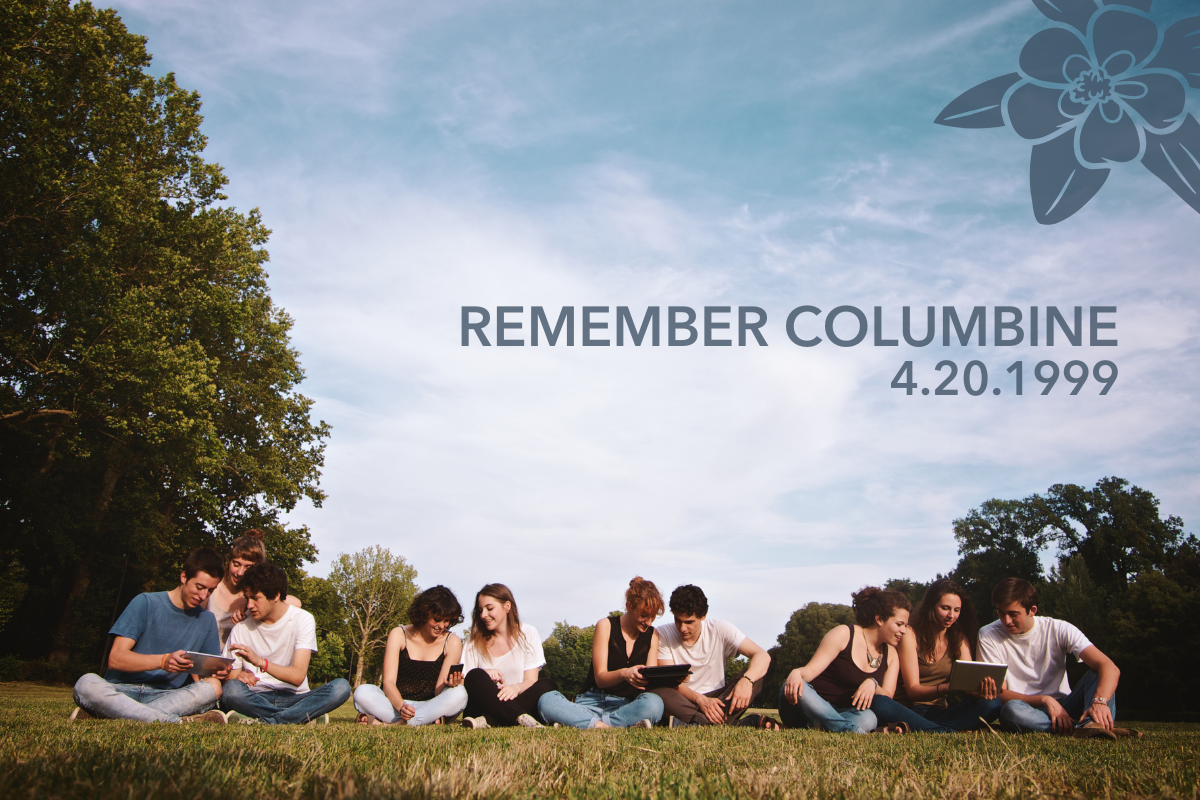Anniversaries are generally a time for celebration and reflection on all the good that has happened in our lives. For me, this is not usually the case. It is time to understand the potential for what may come. Of course, I am not talking about those anniversaries you typically think about, weddings, promotions, birthdays, etc. I am talking about the anniversaries of prior tragedies. No more critical anniversary warrants observance and reflection than that of the Columbine High School tragedy that occurred on April 20, 1999. This year marks the 25th anniversary of that tragedy.
There are many reasons to reflect on anniversaries. Today, we will reflect on these two reasons: to remember those who lost their lives during these tragedies and those who use these tragedies to do more harm to us. Of course, we will focus a little more on those who wish to do more hare because this perspective will allow us to put into a mindset to prevent future tragedies.
In remembering those who have lost their lives in the Columbine tragedy and all of those who have given up their futures at the hands of others in many similar events since. You have not been forgotten, and your legacy will always be remembered as the driving force to the thousands of us who work every day to make our schools and communities safer for all. You may rest easier knowing that while we have lost many more, what we have learned as a result of the Columbine tragedy has saved thousands.
As we approach the 25th anniversary, we have to acknowledge that there are more acts of violence surrounding April 20th than any other date in the calendar. Now is the time to become more vigilant in our prevention and mitigation actions than ever before. So, here are a few things that are critical to take into account during the coming weeks and days:
- Those already on your radar: If you have a person or people on your radar for whatever reason, now is the time to check in with those who have shown concerning behaviors in the past. See how they are doing or if any changes in their behavior need to be addressed.
- Leakage: If you are unfamiliar with the term “leakage,” it is the phenomenon of exposing information or intent meant to be secret or not widely known to others. The cause is the inability to contain the information in your mind due to the excitement or anxiety of future things. The closer to the date one gets, the more likely leakage is to occur. This is generally associated with acts of violence. Still, leakage can also happen with “good secrets” not meant to be disclosed: engagements, wedding dates, pregnancies, surprise birthday parties, etc. For me, leakage is the single most crucial factor when attempting to identify the potential for violence. If you understand and can identify leakage when you see it, you have the best opportunity to prevent violence. Leakage can manifest itself in many forms. You will likely observe leakage in drawings, writings, social media posts, text messages, and statements to friends.
- Tipline activities: Having the ability for your constituency to report concerning behaviors, risks, and threats anonymously is crucial to your prevention and mitigation efforts. As we approach the anniversary date, you might see an uptick in the number and level (seriousness) of the behaviors being reported. While it is always important to address these reports, it is increasingly important to understand the context of the reports and ensure they are addressed appropriately.
- Check-in: Now is an especially important time to actively look for students who are not currently on your radar but are struggling. Identifying newly identified students who show concerning behaviors can accelerate their behavior quickly during this time. If any new concerns are identified, attend to them quickly and appropriately.
During this time frame, we are specifically looking for changes in behaviors. The behavior change may have changed to where the subject escalates their concerning behavior or unexpectedly changes their behavior for the better. It is essential to understand the context of the change. For example, if notice an increase in concerning behaviors, that might indicate they are getting closer to executing their plans and no longer care about any of the consequences they face. Conversely, if their behavior changes for the better, it might indicate that they are at peace with their decisions and carrying out their plans.












No Comments Yet
Let us know what you think